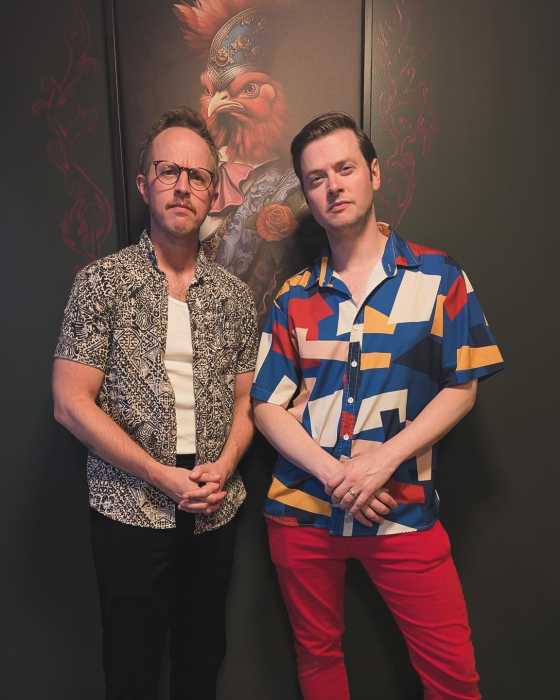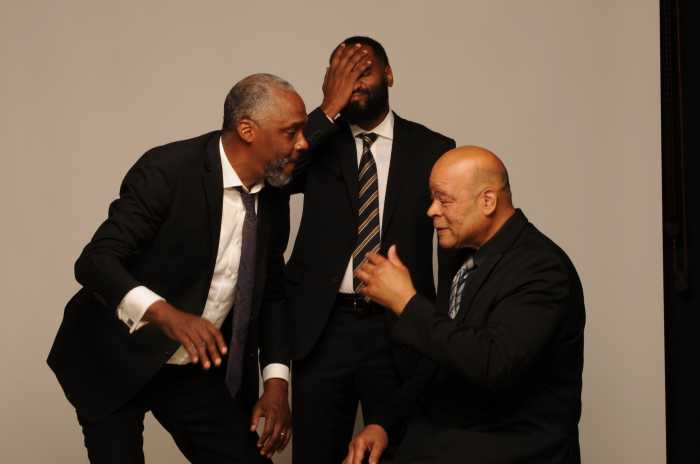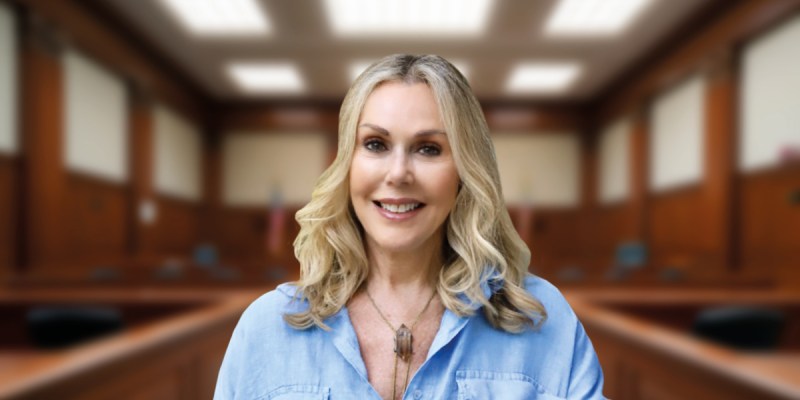When Azuka Theatre world premieres Australian playwright Christine Evans’ ‘Galilee’—running May 4 to 21 at The Drake—the Philly company will hone in on the writer’s keen eye for blending socially conscious topicality with laughter.
Directed by Rebecca May Flowers, ‘Galilee’ tells the story of a small town on the Queensland mainland of the Great Barrier Reef and the arrival of a new hybrid shark appearing in their harbor during a time of great heartbreak — a collapsing fishing economy. When an expatriate marine biology student comes home to Australia to save her family’s business and study the shark, Carol (played by Zoe Nebraska Feldman) must juggle the colorful personalities of the town while avoiding diving back, literally and figuratively, into local waters, as the townsfolk of Galilee must to decide to fight, flee, or adapt to all manner of changing environments.
“The season we put together for 2022-2023 is a season of hope, one filled with intergenerational stories community and fights for what’s right, and Galilee certainly fits those bills,” said Flowers who, with Reva Stover, act as Azuka’s co-Artistic Directors. “Azuka’s mission is about giving voice to the voiceless, and that also means giving voice to the environment.”
Playwright Evans grew up alongside the ocean as a young woman, and always longed to write about the powers of the sea. On an emotional level, then, Galilee and its story of interbreeding hybrid sharks and climate shifts is about contending with change. Heightening that emotion and the politics of change comes from the fact that Evans teaches young students at Georgetown University.

“Young people facing what is going on to this world and figuring out their place in it – at a time of great environmental change and crisis – is inspiring,” said Evans. “That’s emotional; the question of how the big picture of the world fit into our own personal lives. So, thinking about ancient creatures such as sharks having to change and young people watching their environment melting – both finding their place in this world – these were catalysts for writing ‘Galilee’.”
Explaining how Evans’ plays such as ‘Galilee’, ‘Slow Falling Bird’, ‘Ballad of the Lost Dogs’ and ‘Closer Than They Appear’ use humor – albeit black humor – in which to tell their hard-scrabble tales, the playwright says that it is a matter of adding some brightness to the dark. Like Leonard Cohen’s “Anthem” and finding “a crack in everything/That’s how the light gets in,” Evans looks for her moment, and shines.
“There are things, issues, that speak to me in the world – personally and socially – and I’m an introvert. I’m a writer. My best energies are not out there in the world as an extroverted force,” says the playwright. “So, I look for those places… or those places come to me. Images comes to me. Often, they are about incompatible realities. Things that bother me that I really want to understand why or how I could respond to that. To that, I say that theater always has to be beautiful, and it has to entertain. What better way than humor? There’s literally no point in bringing people into a room just to tell them that the world is doomed – we can find that out anywhere. So, for me and my plays, it is always about finding the humanity, the unexpected… To write what you don’t know about what you know.”
































